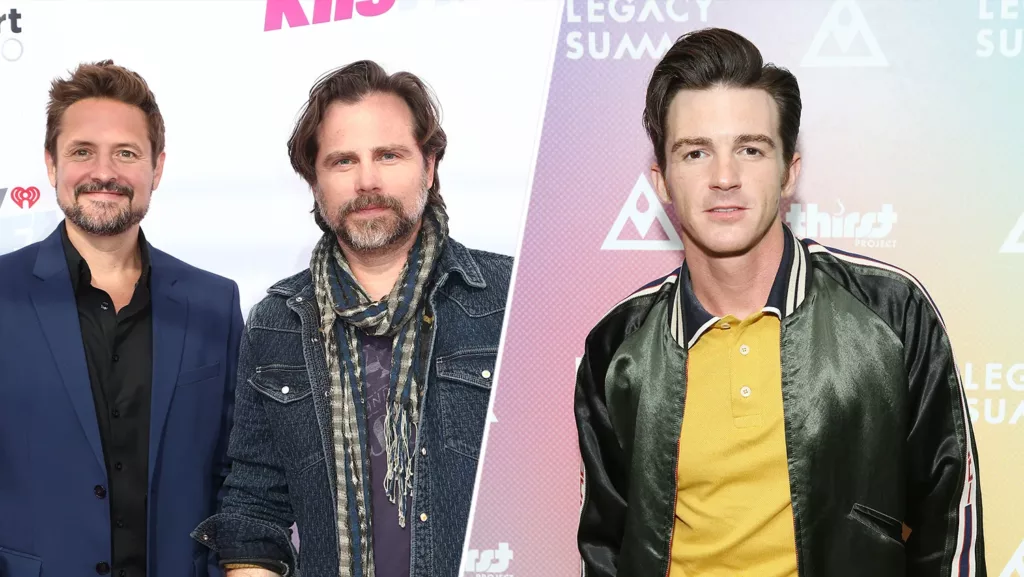In a poignant development following the release of the documentary series “Quiet on Set: The Dark Side of Kids TV,” former child stars Will Friedle and Rider Strong have opened up about their recent conversation with Drake Bell, apologizing for their past support of Bell’s abuser, Brian Peck.
The “Boy Meets World” alums discussed their April conversation with Bell on their “Pod Meets World” podcast, shedding light on a complex situation that has haunted them for years. Friedle described the talk as “amazing… horrible… healing,” revealing that Bell initiated the conversation with forgiveness, stating, “Before you say a word, I want you to know I love you, and I forgive you.”
The controversy stems from letters of support Friedle and Strong wrote for Peck during his 2003 trial. Peck, a former Nickelodeon dialogue coach, was later convicted in 2004 of sexually assaulting an unnamed child star, now known to be Bell, and served 16 months in prison.
Friedle recounted his experience at the trial, saying, “I’m sitting in the back of the courtroom. There’s no social media. I’m 26 years old at the time. I don’t watch Nickelodeon. I don’t know who Drake Bell is. I see a kid walk into the courtroom and I’m like, ‘OK, I’ve been lied to.'” He explained that Peck had misled them about the victim’s age and the nature of the incident.
Strong expressed deep remorse, stating, “There’s really no excuse — that I accepted Brian’s story, that I didn’t ask the questions or do research or investigate on my own.” He described falling into an emotional “hole” after watching the docuseries, grappling with “regret and shame.”
The actors’ decision to reach out to Bell came after the initial episodes of “Quiet on Set” aired. Bell later described their conversation as “the most amazing conversation” on social media, adding, “We are all healing together. I have nothing but love and forgiveness for him.”
Friedle also addressed a missed opportunity for apology when he and Bell worked together on “Ultimate Spider-Man” about a decade after the trial. He explained that he hadn’t recognized Bell as the victim he’d seen in court, expressing relief that this oversight hadn’t tainted their positive working experience.
This development highlights the long-lasting impact of abuse in the entertainment industry and the complex process of reconciliation and healing. As Friedle noted, “There comes a point where you have to look at yourself and go, ‘I have to be OK that I made a huge mistake, that I owe this person an enormous apology, that it’s not going to be enough, and I’m going to spend a ton of time apologizing to this person.’ But you have to use that to move on and become a better person yourself.”
The conversation between Bell, Friedle, and Strong represents a step towards addressing the darker aspects of child stardom and the importance of accountability in the face of past mistakes.
